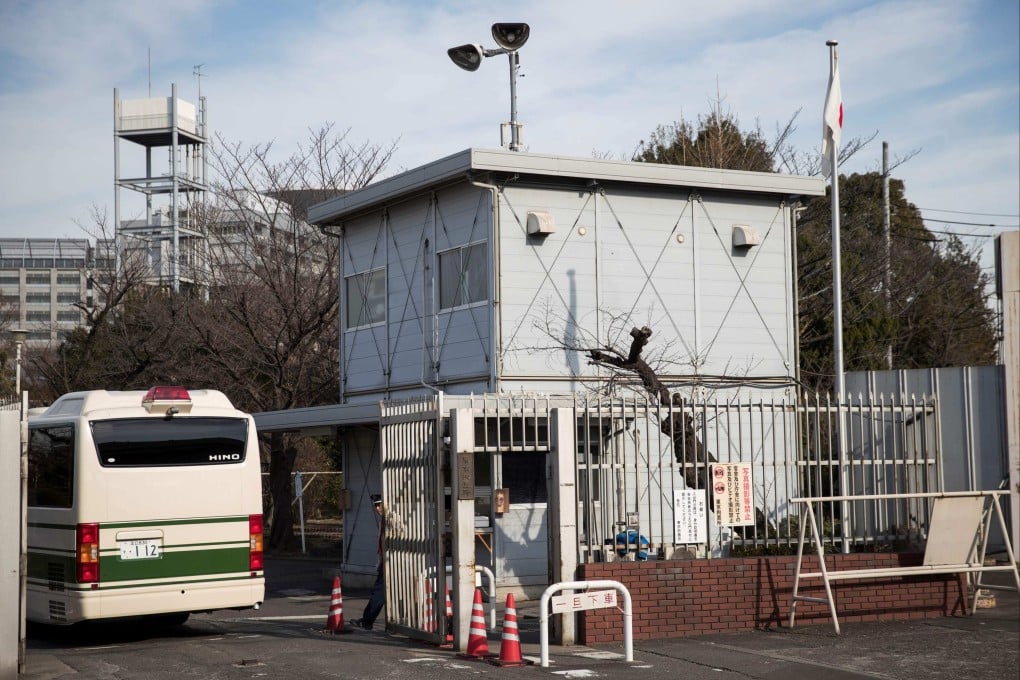Japan’s asylum problem: lessons from Sri Lankan detainee’s death ‘still not learnt’, activists say
- Human rights campaigners say there is still no effective oversight of the government agencies tasked with handling those in detention
- Meaningful change is unlikely unless there is a shift in authorities’ attitudes and structural overhaul of the immigration system, one analyst notes

A little more than two years after a Sri Lankan woman died in an immigration facility in Nagoya, with her pleas for medical help ignored by staff, activists say Japan does not appear to have learned the lessons of a human rights case that made headlines around the world.
Campaigners for the rights of immigrants, including asylum seekers and people awaiting deportation, say there is still no effective oversight of the government agencies tasked with handling those in detention and far too little understanding in the government and among the public of the plight of many of these men, women and children.
In March 2021, Ratnayake Liyanage Wishma Sandamali, a 33-year-old Sri Lankan woman, died at the Nagoya Regional Immigration Services Bureau. After a protracted legal battle by her sisters, the bureau eventually released security footage of her final days, showing Sandamali falling to the floor from her bunk and pleading with two workers for assistance. Left untreated, she died a few hours later.
Under pressure from lawyers and human rights groups, the Immigration Services Agency of Japan has confirmed that 18 foreign nationals – some fleeing civil war in their homelands, others persecuted for their religion, political beliefs, gender or sexual orientation – have died in detention facilities across the country since 2007.
On June 4, the Tokyo District Court ordered the national government and the Tokyo Metropolitan Government to pay compensation to the family of a Nepalese man accused of theft who died in police custody after he was restrained. And while the ruling was welcomed, the figure the court decided on as compensation – 1 million yen (US$7,180) – was widely dismissed as derisory for the loss of a life.
There has been a steady flow of similar cases being picked up by a media that has become more attuned to the authorities’ behaviour since Sandamali’s death in custody. The Osaka regional immigration bureau announced on May 30 that it had launched an internal investigation after learning that a female doctor who had been on duty to examine detainees was drunk.
In April a court ordered the government to pay a Kurdish man compensation of 200,000 yen for being assaulted by immigration staff while in detention.